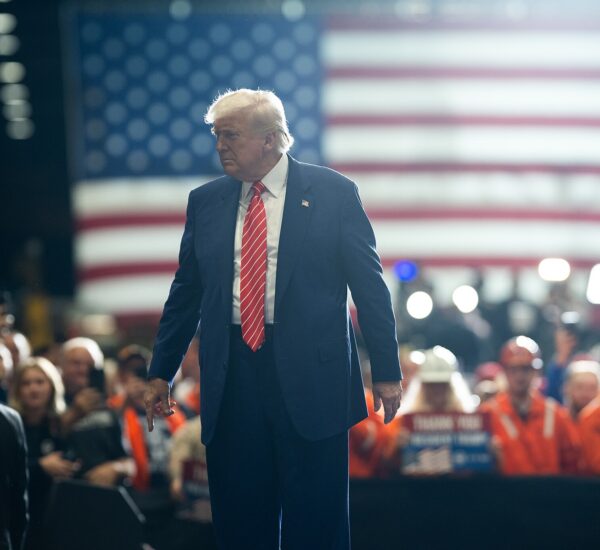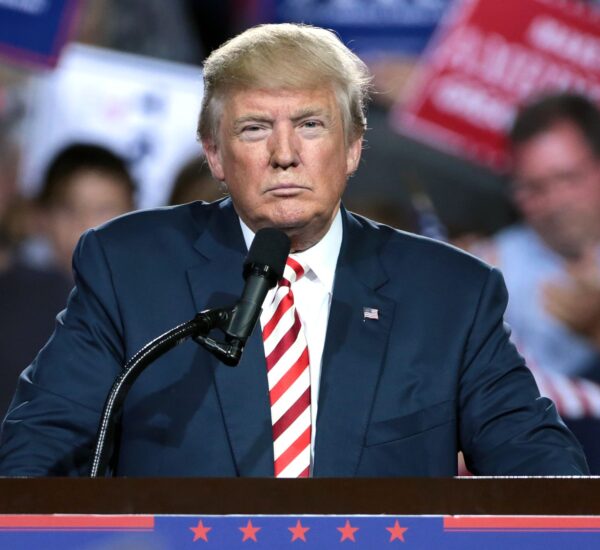Judge Doubles Down On Barron Trump Attack?
Here’s what finally happened…
In Manhattan’s high-profile case of NY v. Trump, the judge overseeing proceedings, Juan Merchan, granted former President Trump permission to attend his son’s upcoming high school graduation in Florida. This decision came on Tuesday, addressing Trump’s request to be present for Barron Trump’s graduation on May 17th. Trump had been advocating for this opportunity for weeks, expressing his desire to share in his son’s milestone moment. However, the decision was pending until Judge Merchan’s ruling.
Thankfully this judge didn’t let his deep hatred for Donald Trump affect his son as well.
Judge Merchan assured the court that Barron’s graduation date posed no conflict with the trial schedule, indicating a willingness to accommodate Trump’s absence from court proceedings on that day. Trump, who had previously speculated about being denied permission to leave Manhattan for the event, expressed frustration at what he perceived as obstacles in his path, labeling the trial a “scam.”
Barron Trump attends a private high school near the family’s Mar-a-Lago estate in Florida, making it logistically feasible for Trump to attend the graduation without significant disruption.
Meanwhile, the trial itself continues to unfold, with Trump facing 34 felony counts related to alleged falsification of business records. Notable witnesses have testified, including David Pecker, former CEO of American Media Inc., Rhona Graff, former executive assistant to Trump, and Gary Farro, a former senior managing director at First Republic Bank.
In addition to the trial proceedings, Trump found himself at odds with Judge Merchan over a gag order violation, resulting in a $9,000 fine. Merchan warned of potential further consequences, including incarceration, if Trump continues to breach the order.
Trump’s criticism of Judge Merchan extended beyond the courtroom, with calls for the judge to recuse himself from the case, citing conflicts of interest and alleged bias. Trump’s remarks, both in and out of court, reflect his ongoing contention that the trial is unjust and politically motivated.
These developments underscore the complex legal and personal dynamics surrounding the trial, which continues to draw attention and controversy.





